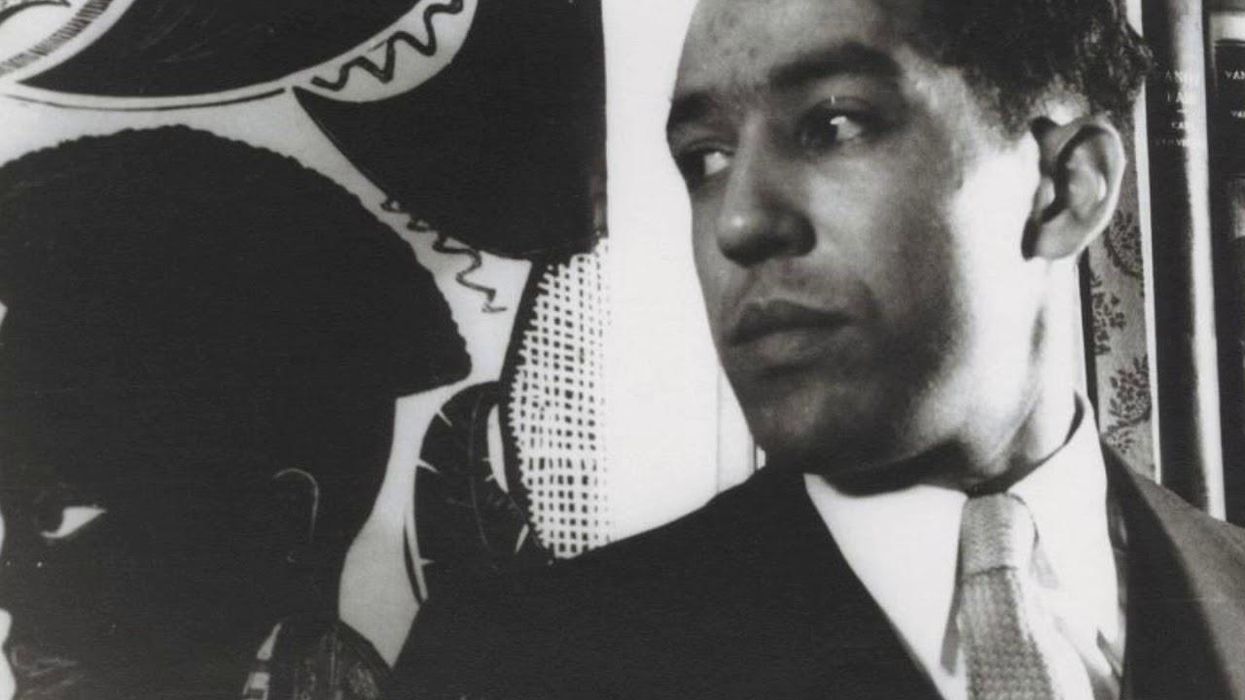Poetry runs strong through the veins of our American heritage.
In the 19th century Walt Whitman believed that the power of poetry and democracy came from an ability to make a unified whole out of dissipated parts.
These words from Whitman's "I Hear America Singing" rings true today, as they did over 200 years ago:
I hear America singing, the varied carols I hear,
Those of mechanics, each one singing his as it should be blithe and strong,
The carpenter singing his as he measures his plank or beam,
The mason singing his as he makes ready for work, or leaves off work,
The boatman singing what belongs to him in his boat, the deck-hand singing on the steamboat deck …
The delicious singing of the mother, or of the young wife at work, or of the girl sewing or washing,
Each singing what belongs to him or her and to none else
And in the 1947, more than 70 years ago, Black poet Langston Hughes used poetry to connect us to our shared humanity and draw our attention to the messages of racial justice, equality and democracy.
Freedom will not come
Today, this year
Nor ever
Through compromise and fear.
I have as much right
As the other fellow has
To stand
On my two feet
And own the land.
I tire so of hearing people say,
Let things take their course.
Tomorrow is another day.
I do not need my freedom when I'm dead.
I cannot live on tomorrow's bread.
Freedom
Is a strong seed
Planted
In a great need.
I live here, too.
I want my freedom
Just as you.
The words on paper are even more powerful when listened to Langston Hughes' Freedom.
Recently the Academy of American Poets and the Mellon Foundation asked 10 contemporary poets to select a classic poem that had helped them make sense of the world we live in today. In coming weeks, The Fulcrum will share poetry from the past and the present with the hope of offering our readers the opportunity to heal emotional pain, to celebrate, to reflect, to inspire and perhaps most importantly to live.
Not only will we share previously published poetry, but we hope our readers will inspire us with writings of their own. Please share your writings or your thoughts as to the power of poetry to strengthen our democracy and our bond as Americans. You may email us at: pop-culture@fulcrum.us.



















Trump & Hegseth gave Mark Kelly a huge 2028 gift